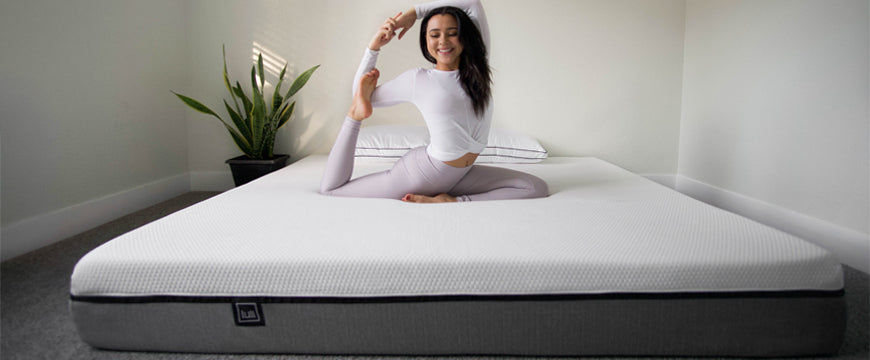
How Exercise Can Help You Sleep Better
It’s no surprise that one of the most common New Year’s Resolutions is to get more exercise. Since our local gyms are most likely still closed, exercise seems harder to come by nowadays. That’s definitely not true though, since YouTube is full of highly effective home workouts that’ll get you sweating and breathless!
While exercise is mainly heralded for weight loss and aesthetic muscle gain, there’s also another powerful benefit slightly lesser known: better sleep! While the exact link between exercise and quality sleep isn’t 100% known, the link has been proven to solidly exist time and time again, such as in this study.
So if you wantto get sleep on time rather than end up scrolling through Pinterest under the covers for hours, it’s time to check out those at-home workout fitness gurus. If you’ve been struggling with insomnia, those 15-minute sessions of burpees and other strenuous ab exercises won’t look so bad once your nightly tossing and turning starts to fade.
It’s true! Studies have shown that aerobic exercise -- more casually known as “cardio” (walking, cycling, jump rope, dance, and more) -- is substantially associated with falling asleep 13 minutes earlier. While the exact scientific mechanism hasn’t been pinned down, there are some possible theories that can explain this link: